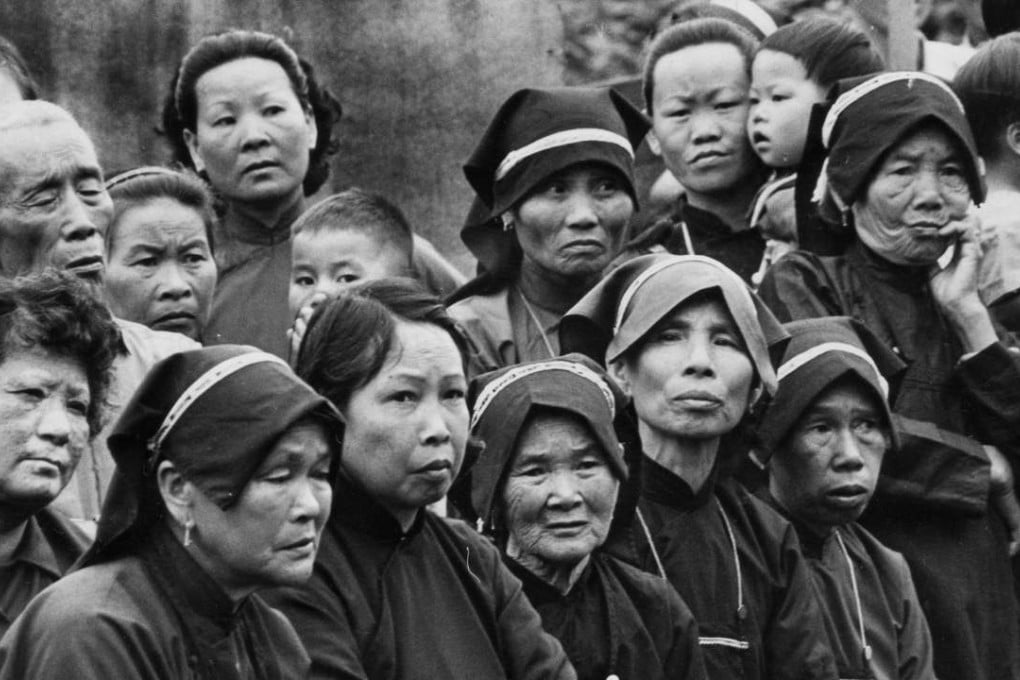Cantonese dominates, but Hongkongers speak myriad languages - old and new
Linguist Lisa Lim introduces fortnightly column in which she will explore the origins and significance of a word or phrase used in Hong Kong or the region

Consider this: within a century, or perhaps half that time, 50 to 90 per cent of the world’s 6,500 languages will no longer be spoken.
Most of the languages under threat are spoken by relatively small numbers of people, often in communities without political, economic or social capital, and which are under pressure to shift to a major language such as English, Spanish, Putonghua or the dominant language of the region. More researchers than ever are engaged in documenting and revitalising languages, particularly those of communities in remote locales.

But consider this, too: as a consequence of modern migration, today’s urban areas offer extensive cultural and linguistic diversity, with many communities speaking minority or endangered languages. London boasts more than 300 heritage languages. In New York, more than half of all households speak a language other than English.
But what of Asia’s world city? Scratch below the Cantonese-dominant surface and Hong Kong hosts myriad communities, each with its own heritage languages. Some date to early settlement by people from southern China and South Asia, others are more recent economic migrants, such as Filipino and Indonesian domestic helpers and African traders.
Numerous linguistic issues arise. These include a shift by second and later generations away from heritage languages such as Chiuchow or Hakka to Cantonese; the loss of traditional knowledge along with indigenous languages such as that of the boat-dwelling Tanka; and the challenges of children being educated in a second language, as is the case with many South Asian families.